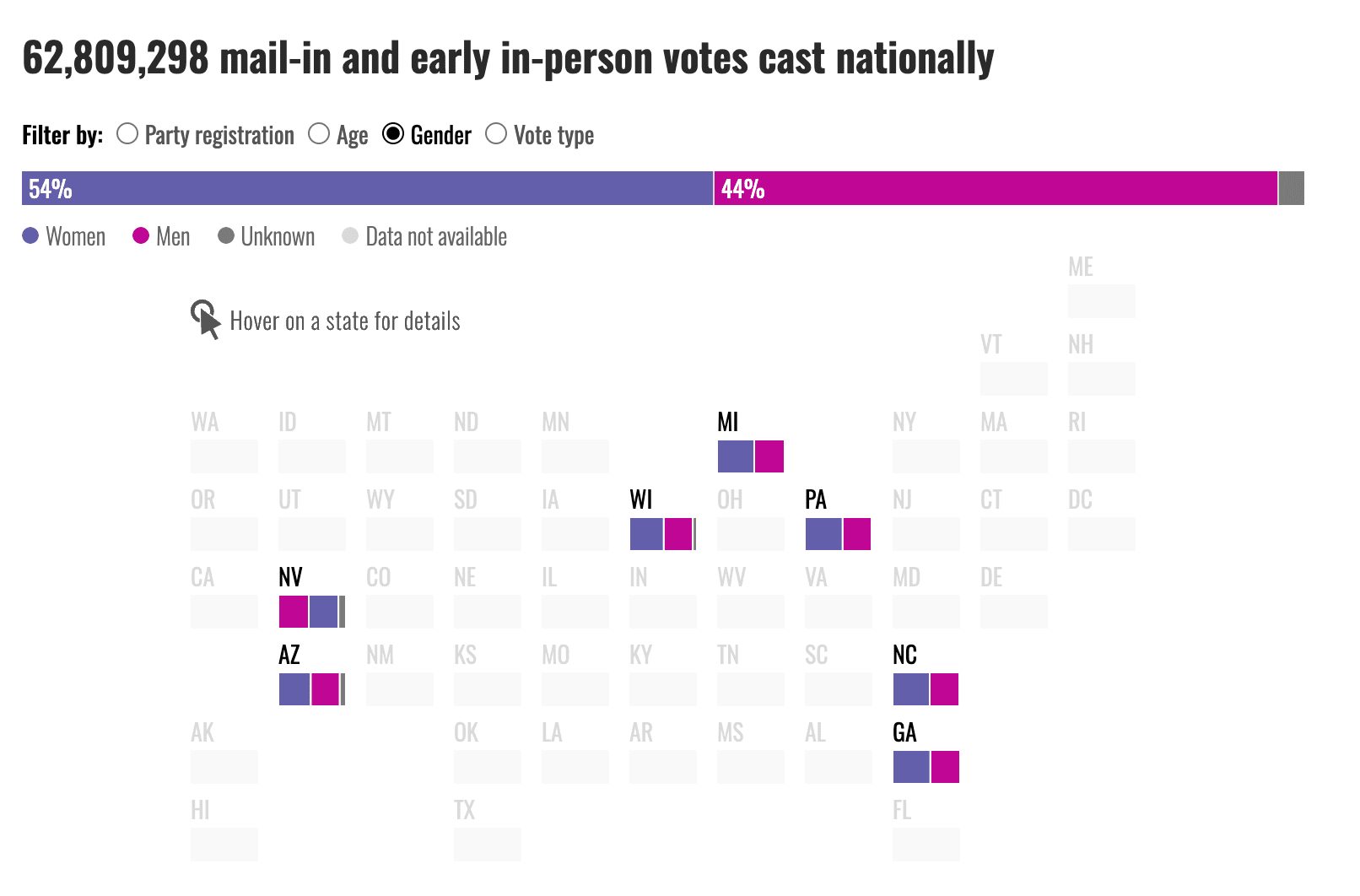
Reagan's Immigration Reforms Became Law On This Date
Vote to see how others feel about this issue
On November 6, 1986, President Ronald Reagan signed the Immigration Reform and Control Act (aka the Simpson-Mazzoli Act) into law, which put in place several significant reforms to America’s immigration policy. The law sought to curb illegal immigration by making it harder to hire unauthorized immigrants while also granting some legal status if they paid a fine, back taxes, possessed basic civic knowledge about the U.S. and spoke English.
Why did it come up?
Illegal immigration levels had been on the rise throughout the 1970s and early 1980s, though the number of unauthorized immigrants in the U.S. was still at relatively low levels (between two and three million) compared to today (about 11 million).
To prevent more people from entering the U.S. illegally, Congress created a bipartisan Commission on Immigration Reform that was chaired by the president of Notre Dame University, Rev. Theodore Hesburgh. The Commission’s purpose was to assess the challenges facing the nation in terms of illegal immigration and suggest reforms that Congress could then turn into legislation.
What did it do?
The bill was drafted by former Sen. Alan Simpson (R-WY) and former Rep. Romano Mazzoli (D-KY) and centered on what they later termed a "three-legged stool" in an op-ed they co-authored on the law’s 20th anniversary.
The first leg was focused on deterring illegal immigration through improved border security and the first penalties for employers that knowingly hired unauthorized immigrants. Businesses were also required to verify that employees are legally eligible to work in the U.S. by mandating that they fill out the new I-9 form, which requires workers to legally certify their eligibility to work.
The stool’s second leg centered on a program granting temporary visas to seasonal agricultural workers who had immigrated illegally.
The third leg of the stool was legal status for unauthorized immigrants who met the following conditions:
- They entered the U.S. prior to January 1, 1982, and lived in the country continuously since;
- They paid a fine and all back taxes while admitting their guilt of violating immigration law, but could show that they weren’t guilty of other crimes;
- They possessed basic knowledge about U.S. history, government, and spoke minimal English.
After an initial version of the bill stalled in the House, Sen. Simpson introduced a companion bill in the Senate in May 1985 where it passed four months later. The House would take longer, eventually passing an amended version over one year later, sending it to conference committee.
The committee’s version was passed by the House on October 15, 1986 on a 238-173 vote while the Senate followed suit and approved the bill two days later on a 63-24 vote. A few weeks later, President Reagan signed it into law on November 6, 1986.
What has its impact been?
The Simpson-Mazzoli Act’s "three-legged stool" has served as a blueprint of sorts for subsequent attempts at immigration reform, though none have been able to replicate its success.
President George W. Bush backed a 2007 compromise immigration bill that was developed by then-Sens. John McCain (R-AZ), Ted Kennedy (D-MA) and Sen. Jon Kyl (R-AZ), but it failed to gain enough support in the Senate to advance to a passage vote.
In 2013, the "Gang of Eight" immigration bill was put together by a bipartisan group of Senators including McCain and Sens. Chuck Schumer (D-NY), Dick Durbin (D-IL), Lindsey Graham (R-SC), Bob Menendez (D-NJ), Marco Rubio (R-FL), Michael Bennet (D-CO), and Jeff Flake (R-AZ). While the bill passed on a 68-32 vote in June 2013, House Republicans refused to take up the Senate’s bill because it didn’t prioritize border security.
Five years later in 2018, the Republican-controlled Senate voted on four immigration reform proposals in an effort to address border security at the behest of President Donald Trump along with the status of unauthorized immigrants. All were defeated.
— Eric Revell
(Photo Credit: National Archives / Public Domain)
The Latest
-
 The Long Arc: Taking Action in Times of Change“Change does not roll in on the wheels of inevitability, but comes through continuous struggle.” Martin Luther King Jr. Today in read more... Advocacy
The Long Arc: Taking Action in Times of Change“Change does not roll in on the wheels of inevitability, but comes through continuous struggle.” Martin Luther King Jr. Today in read more... Advocacy -
 Thousands Displaced as Climate Change Fuels Wildfire Catastrophe in Los AngelesIt's been a week of unprecedented destruction in Los Angeles. So far the Palisades, Eaton and other fires have burned 35,000 read more... Environment
Thousands Displaced as Climate Change Fuels Wildfire Catastrophe in Los AngelesIt's been a week of unprecedented destruction in Los Angeles. So far the Palisades, Eaton and other fires have burned 35,000 read more... Environment -
 Puberty, Privacy, and PolicyOn December 11, the Montana Supreme Court temporarily blocked SB99 , a law that sought to ban gender-affirming care for read more... Families
Puberty, Privacy, and PolicyOn December 11, the Montana Supreme Court temporarily blocked SB99 , a law that sought to ban gender-affirming care for read more... Families -
 Women Are Shaping This Election — Why Is the Media Missing It?As we reflect on the media coverage of this election season, it’s clear that mainstream outlets have zeroed in on the usual read more... Elections
Women Are Shaping This Election — Why Is the Media Missing It?As we reflect on the media coverage of this election season, it’s clear that mainstream outlets have zeroed in on the usual read more... Elections
 Climate & Consumption
Climate & Consumption
 Health & Hunger
Health & Hunger
 Politics & Policy
Politics & Policy
 Safety & Security
Safety & Security
